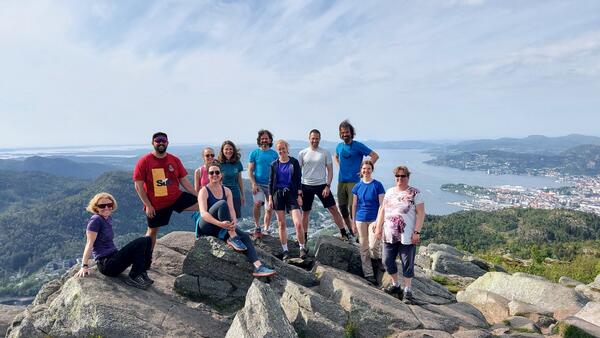
Understand, describe and quantify the physical processes that control ocean circulation and mixing
We offer a selection of interesting Master's projects in physical oceanography.
The surface of our blue planet is largely covered by oceans. Ocean processes play a key role in both the marine ecosystem and the climate system. Understanding the oceans is crucial to assess a variety of anthropogenic impacts to the environment. Our research contributes to addressing challenging scientific questions regarding ocean’s role in the earth system, climate change and society.
The physical oceanography research group conducts research on key processes and their interactions in the ocean and aims at understanding the functioning of marine systems on different time and spatial scales. These processes and interactions encompass spatial scales from millimetre scales, relevant for ice freezing, turbulence and mixing, up to the large scale and global circulation.
Our research activities are both observational and theoretical. We conduct field observations of key ocean processes using shipboard instruments, moorings, floats, autonomous underwater vehicles, and remote sensing. Geographically, we concentrate on subpolar Nordic Seas, the Barents Sea, ice-covered polar regions of Arctic and Antarctica, and we have some activities in the subtropics and tropics.
The physical oceanography group is also strongly involved in the Bjerknes Centre for Climate Research.
We offer a selection of interesting Master's projects in physical oceanography.